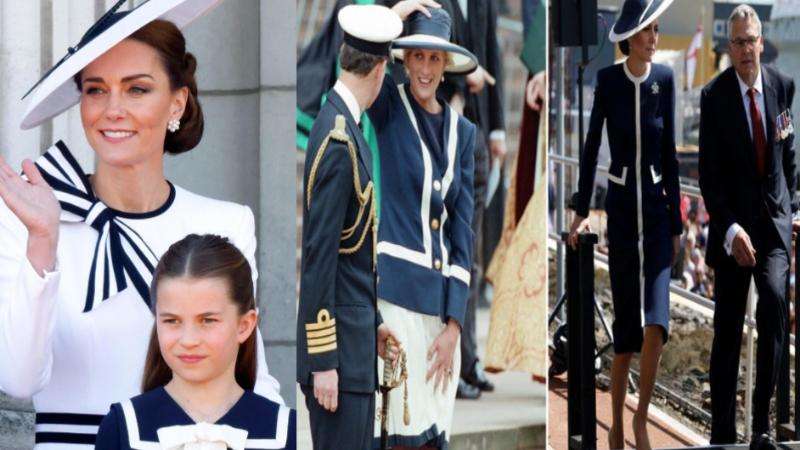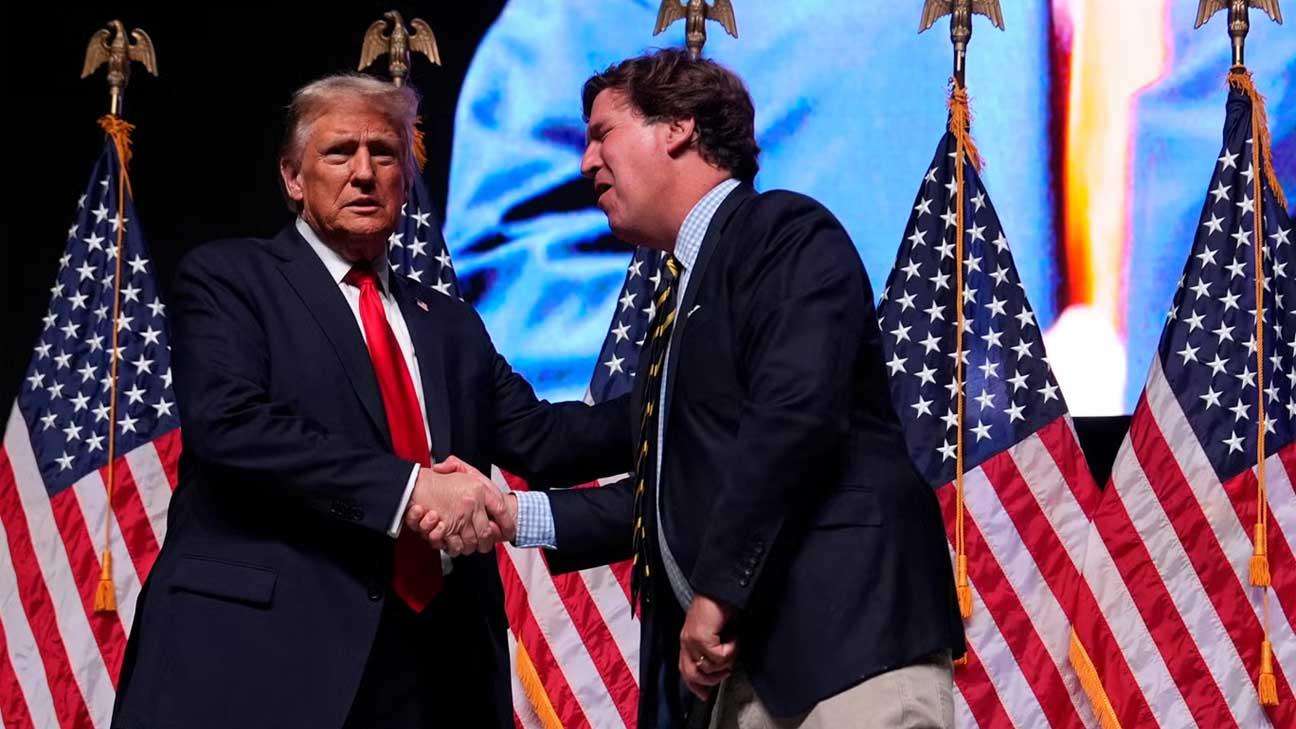A new UK-EU sanitary and phytosanitary (SPS) deal, touted to streamline food imports and exports, is facing a fierce backlash, with critics warning it could severely compromise hard-won British animal welfare standards. This potential shift has ignited significant concern within the UK's Muslim community, directly impacting the availability and integrity of halal meat, and posing a competitive threat to British farmers who adhere to stricter ethical practices.
Former Conservative MP and ardent environmentalist Zac Goldsmith has spearheaded the criticism, slamming Labour leader Keir Starmer's proposed UK-EU "reset" for risking the gains made in animal welfare post-Brexit. Goldsmith highlighted a "troubling commitment" within the agreement: any UK deviation from EU food standards must not "negatively affect European Union animals and goods being placed on the market" in the UK.
"This seemingly technical clause has profound implications for animal welfare and our ability to raise our own standards, something that we fought so hard to achieve with Brexit," Goldsmith asserted. He warned that this clause could effectively prevent the UK from restricting imports of animal products that fail to meet its own welfare standards, even when those very practices are banned domestically.
The ramifications are particularly acute for the UK's halal meat sector. Halal slaughter, while adhering to specific religious guidelines, is also deeply intertwined with animal welfare principles in Islamic tradition, emphasizing humane treatment and minimising suffering. If the new deal facilitates an influx of meat from EU countries with lower welfare standards – such as those still employing practices like sow stalls, which Britain banned in the 1990s due to cruelty concerns – it creates a direct conflict for Muslim consumers seeking ethically sourced halal products.
Around 50% of the UK's pork imports currently originate from EU countries that continue to use sow stalls. This precedent raises alarm bells for other animal products. If the UK is unable to restrict imports of meat produced under conditions deemed unacceptable domestically, it places a significant burden on Muslim consumers to verify the welfare standards of their halal meat, a task that can be incredibly challenging without clear labelling and robust import controls. It also undermines the efforts of British halal meat producers who invest in higher welfare practices.
Campaigners are urging the government to urgently clarify whether animal welfare measures fall outside the SPS agreement's scope or to negotiate explicit exceptions for welfare-based restrictions. Before the deal was struck, there were already concerns that Britain might weaken its post-Brexit animal protection laws to secure a reset deal with Brussels. This new agreement, however, appears to solidify those fears.
The core of the argument revolves around democratic sovereignty. British voters have consistently shown strong support for higher animal welfare standards, with 84% backing restrictions on low-welfare imports. Brexit, its proponents argued, offered the opportunity for an independent Britain to set "gold standards" in animal welfare that others would follow. This new deal, critics contend, risks reversing that ambition.
"This not only undermines domestic animal welfare standards but also places British farmers, who adhere to stricter regulations, at a competitive disadvantage," Goldsmith stated. He emphasised that the problem is most acute with EU imports, given the bloc is the UK's largest trading partner for food.
While the proponents of the UK-EU reset agreement champion its potential economic and diplomatic benefits, critics maintain that animal welfare must remain a non-negotiable priority. There is still time, they argue, for the government to rectify this by clarifying the SPS Agreement's scope or negotiating explicit welfare-based exceptions. By proactively addressing these concerns, the UK can uphold its commitment to animal welfare and solidify its position as a global leader in ethical practices, ensuring that progress is not achieved at the expense of the most vulnerable and voiceless. The alternative risks undermining consumer trust, harming domestic industries, and compromising Britain's ethical standing on the global stage.








.svg)



.jpg)
_1.jpg)